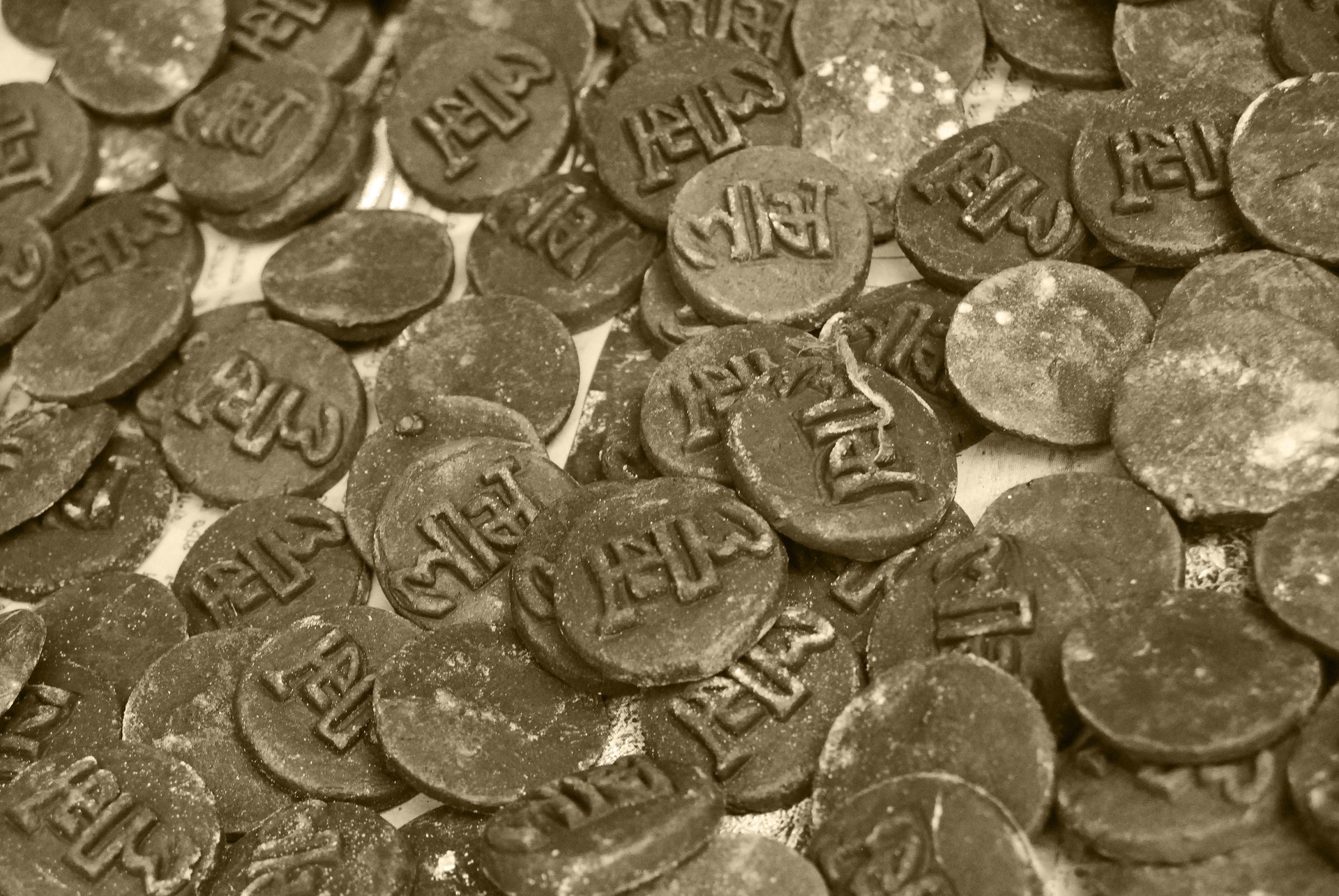Dhanteras is a thread in the grand tapestry of rich cultural heritage of India which precedes diwali festival. It is a culturally and spiritually important day because it brings in wealth and fortunes. This article explores the genesis, customs, and importance of Dhanteras: the festival of prosperity and health.
The Origin of Dhanteras
Dhanteras, also known as Dhanatrayodashi or Dhanvantari Trayodashi, derives its name from two Sanskrit words: “Dhan” (wealth) and “Teras” (thirteenth). It occurs on the 13th or Trayodasi of the dark fortnight known as Krishna Paksha in the month of Kartika. It is a day observed by Hindus to worship goddess Lakhsmi who is the hindu goddess of wealth and prosperity and lord Danvantri who is the hindu goddess of ayurvedic medicine and deities doctor.
There are many stories attached to Dhanteras. Among these legends includes one that involves Samudra Manthan involving the devas and asuras seeking for amrta. In the course of this great occurrence, some blessings arose out of the ocean, one of them being lakshmi, the goddess. The Dhanteras is said to be the day on which Goddess Laksmi gave her blessing along with treasures.
The other story tells about Lord Dhanvantari’s birth on Dhanteras. Lord Dhanvantari, the one who carried the kalasha (pot) containing amrit of life, emerged at the time of samudra-manthana (churning of the ocean), giving immortality in the world. Dhanteras is considered a good day to ask for blessings for good health, long life and prosperity.
Traditions and Celebrations
On this auspicious day, there are many elaborate rituals and customs that represent fortune, good health, and wealth. During the week of Dhanteras week, houses are cleaned, repaired, and decorated with new products. This ritual is also aimed at chasing off all negativities so that a clean, acceptable place can be provided for the goddess Lakshmi. Colorful rangoli designs as well as flowers are used for house decoration.
New utensils or kitchenware are usually bought on Dhanteras. This has been a tradition that emphasizes wealth and health that is provided in the kitchen where food is prepared. Most of them also purchase household items made of silver and gold as these are believed to be lucky.
This is why during the evening of Dhanteras it is traditional that every Indian family lights a small number of oil lamps or diyas to bring the goddess Lakshmi into their houses. These lamps have a glow that is said to invite Lakshmi’s blessings as well as to scare away darkness and ill-will.
Specific pujas and prayers are carried out for Goddess Lakshmi and lord Dhanavanti. They seek blessings of the Goddess for wealth, health and prosperity. The followers come in flocks and visit temples for their chosen gods.
People in certain parts of India also appeal to Lord Yama (the god of death) hoping for security and good health for their close relatives.
The day marks exchanges of gifts and wishes between family and other members. Giving is an indication of love, positive intent, and building up of bonds.
On this particular day, many people practice a 24-hour fast. The puja is performed after sundown in the night as they break their fast at this time. Sweets and some of the traditional delicacies that include jalebis, peda, and laddoos are prepared on this special day.
Significance of Dhanteras
This day is culturally significant and people participate in various rituals with an aim of invoking blessings from goddess Lakshmi so as to improve their wealth and prosperity. This sets the pace for the five day long Diwali celebration. The worship of Lord Danvantri is centered on good health. In order to represent renewal, there is always a need to clean and decorate homes. Love thrives amongst families during Dhanteras.
The art stimulates self-reflection concerning life’s deeper dimension and warns that it is vanity for earthly wealth and seeks for spirit.
Dhanteras Around India
However, Dhanteras is celebrated very regionally in India and the practices and rituals differ. Here are some regional variations:
- Maharashtra: Maharashtra celebrates “Vasu Baras” on this day which is dedicated to cows and calves. Cattle are revered by farmers, and they are fed specially.
- In Tamil Nadu: Prayers and ritual are done for Goddess Lakshmi in Dhanteras which is observed as “Dhanalakshmi Pooja”.
- In Bengal: This festival is also followed by “Kali Puja” in Bengal which is dedicated to Goddess Kali. The festival has a national importance.
- In Punjab: On the eve of Dhanteras in Punjab and other parts it is called Bhut Chaturdashi or “choti diwali” when families light a lamp for exorcism.
- In Gujarat: Lord Ganesha is worshipped in Gujarat during Dhanteras. Other people also practice “Govatsa Dwadashi” where they worship cows and their young ones.
- In South India: Special rituals are observed in South India for lord Kubera who is the king of richest.
The tradition and hope of the festival of wealth and prosperity – Dhanteras. It is a day of cleansing, purification and worshipping the goddess Lakshmi and the lord Dhanvantari. Families come together, lamps are lit up, and prayer is done as a spirit of oneness, love, and thanksgiving prevails in the air defining the Indian soul. As stated by Mahatma Gandhi, ‘The best way to find yourself is to lose yourself in the service of others.’ Such an attitude manifests itself in Dhanteras. I wish this Dhanteras be filled with the promise of wealth and reflection on abundance into your life for an abundance of love, success and good health.

